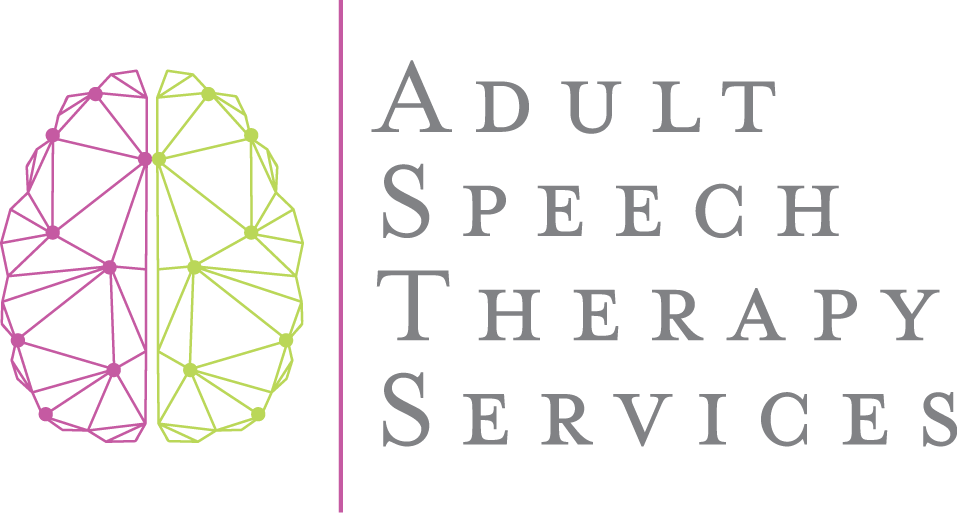Post COVID-19 Cognitive Changes
Millions of people have been affected by COVID-19 since the pandemic began. While the most notable symptoms of this illness do go away over time, studies have shown there are some side effects that are persistent and long lasting. Here’s what you need to know about cognitive changes following a diagnosis of COVID-19.
What Exactly Does the Word Cognitive Mean?
In terms of your brain, cognitive refers to multiple mental abilities including attention, decision making, problem solving, reasoning, remembering, thinking, and learning. With so much at stake, it’s easy to understand why the impact of COVID on cognitive functioning is vital to understand.
Two important studies have shown that cognitive changes after COVID have affected even those who had a less severe case of the disease.

Case Study #1: Cognitive Changes Following COVID
In one study, data, including brain scans, were taken of those who had COVID and those who did not.
What’s interesting about this particular study is it began before COVID even existed in the United States. Before the pandemic hit, data was collected from individuals who received regular brain scans and cognitive testing.
Later, about half of the participants tested positive for coronavirus, and all participants were scanned again. Essentially, each individual was their own controlled subject. This means that the evidence from this study of cognitive changes due to COVID is exceptionally strong.
When comparing data, brain changes were noticeably greater in those who tested positive for COVID. These changes include a decline in cognitive scores, as well as physical changes within the brain. These brain changes included reduction in thickness of grey matter in the brain, and changes in tissue damage markers.
Case Study #2: The Effect of COVID on Cognitive Function
The second study, called the Wuhan Study, began after the pandemic. All participants were over the age of 60 and from Wuhan, China.
The study involved following 1,438 COVID survivors and 438 uninfected control participants for one year. Tests were given at six months and then again at 12 months.
Results of these tests showed a much higher decline in cognitive functioning for those with the severest cases of COVID. However, there is also evidence to show that there was a cognitive decline in subjects who had only mild cases of COVID.
The bottom line with the Wuhan Study is that it’s quite possible the COVID pandemic will significantly contribute to an increase in the world’s dementia patients in the future. It is unknown at this time if the cognitive effects of COVID are permanent or if they can be reversed.
What Are the Symptoms of Cognitive Impairment?
Here are symptoms of cognitive impairment you should be aware of, especially if you’ve had COVID. These include but are not limited to:
- Memory loss
- Difficulty following a movie or the plot of a book
- Trouble following a conversation
- Struggling to make decisions
- Getting lost or confused in familiar places
You might also begin to experience anxiety, depression, a short temper, or a lack of interest in activities you once enjoyed. If you notice that any of the symptoms listed above have become consistent, it’s important that you contact your doctor as soon as possible.
How Are Cognitive Problems Diagnosed and Treated?
Your diagnosis will likely come from information you’ve given your doctor as well as tests that will clarify a diagnosis.
The tests used to pinpoint cognitive problems are neurological exams, blood tests, brain imaging, and mental status testing. The treatment for cognitive impairment depends on the severity of your cognitive symptoms and how these symptoms impact your ability to function at home, at work and in the community.
You may be prescribed prescription medications or asked to stop taking certain medications that contribute to cognitive decline.
For ongoing changes in cognition, a speech-language pathologist with experience treating adults can help by evaluating cognitive-communication skills and creating a treatment plan that’s right for you.
Where Should I Go to Learn More About COVID and Its Impact on Cognitive Functioning?
For more information about cognitive changes following COVID, as well as treatment recommendations, contact us at Adult Speech Therapy Services today at 301-323-8486 for a free consultation!
Our speech-language pathologist, Jessica Parker, has over 17 years of experience treating adults with cognitive-communication impairments.
Sources:
https://www.health.harvard.edu/blog/brain-fog-memory-and-attention-after-covid-19-202203172707
https://www.medpagetoday.com/neurology/generalneurology/97981
https://alz-journals.onlinelibrary.wiley.com/doi/10.1002/alz.12644
Testimonials



